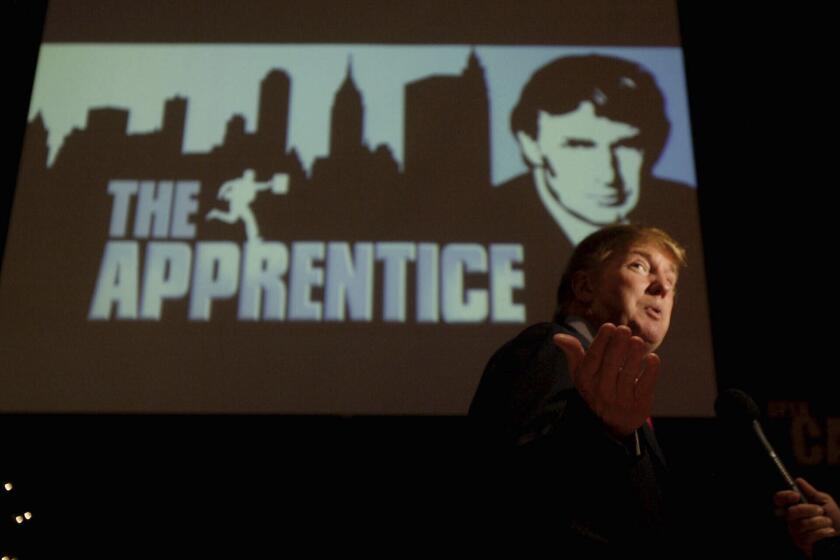If a clown is elected president, don’t blame the news media
A year ago, no one in the news media expected the presidential campaign of 2016 to bring echoes of 1968. Happily, no one has been assassinated, but the near riot at the recent Donald Trump rally in Chicago demonstrates the potential for the Republican convention in Cleveland this July to be tempestuous, not unlike the chaotic ’68 Democratic convention.
Count on plenty of protesters from Black Lives Matter and other activist groups to be clustered on Cleveland’s streets like a powder keg waiting to be ignited by a taunt from Trump or a sucker punch from one of his fans. And inside the Quicken Loans Arena where the delegates will gather, there could be big drama if Trump fails to arrive in town with a winning majority and party leaders attempt to install their own choice as nominee.
In Philadelphia a week later, the Democratic convention will probably be a less riotous affair, although Bernie Sanders’ youth brigades could inject some unexpected passion, depending on how his race with Hillary Clinton finishes.
In 1968, the Vietnam War was escalating, an embattled President Lyndon B. Johnson chose to forsake a second term, Martin Luther King and Robert F. Kennedy were gunned down by assassins, major American cities were set ablaze by rioters and Richard Nixon campaigned across the country as the voice of a “silent majority” weary of flag burners, peaceniks and black militants. Campaign 2016 has not seen that level of trauma and, so far, it has been more comedy than tragedy. Nevertheless, the presidential race has revealed fissures in the American electorate that are unexpectedly deep.
The driving force of this election year is not Trump or Sanders, it is the angry, energized voters who have propelled these unconventional candidacies into strong contention. The media came late to this story, initially fixating on Trump only as an entertaining novelty and giving Sanders scant attention. Trump exploited the inclination of cable news to be distracted by shallow controversies and built his winning formula on free media. Sanders, without a similar boost from cable news and talk radio, put together a well-funded challenge to Clinton by tapping into the idealism, angst and plentiful small-dollar donations of young voters looking to topple the status quo.
For failing to pick up on the deeply rebellious mood of voters until late in the game and for giving Trump an unfiltered national megaphone for months, the television news organizations should be embarrassed. They also should be shamed for filling endless hours of airtime with a legion of talking heads stating the obvious, making poor predictions and obsessing about poll numbers. On TV, there has been way too much talk and way too little hard-minded reporting.
Nevertheless, anyone who cared to pay attention would have found a wealth of information about this campaign and the many candidates from online sources, from the smarter cable news hosts and especially from traditional newspapers. Possibly the best thing the TV news folks have done in this election cycle is to create the “town hall” format in which individual candidates have an extended opportunity to take questions directly from private citizens. There is no excuse, other than disinterest or laziness, for any voter to complain that they do not know enough about the men and women who have already spent more than a year vying for their votes.
We know plenty about the finalists in this race -- who they are, where they stand on issues and what their strengths and weaknesses may be. Despite the obvious failings, the news media have done an exhaustive -- and exhausting -- job covering this campaign. Yes, it is all a crazy circus, but if a clown ends up in the White House, don’t blame the news media. That will be the fault of voters whose passions override anything reporters tell them.
More to Read
A cure for the common opinion
Get thought-provoking perspectives with our weekly newsletter.
You may occasionally receive promotional content from the Los Angeles Times.











